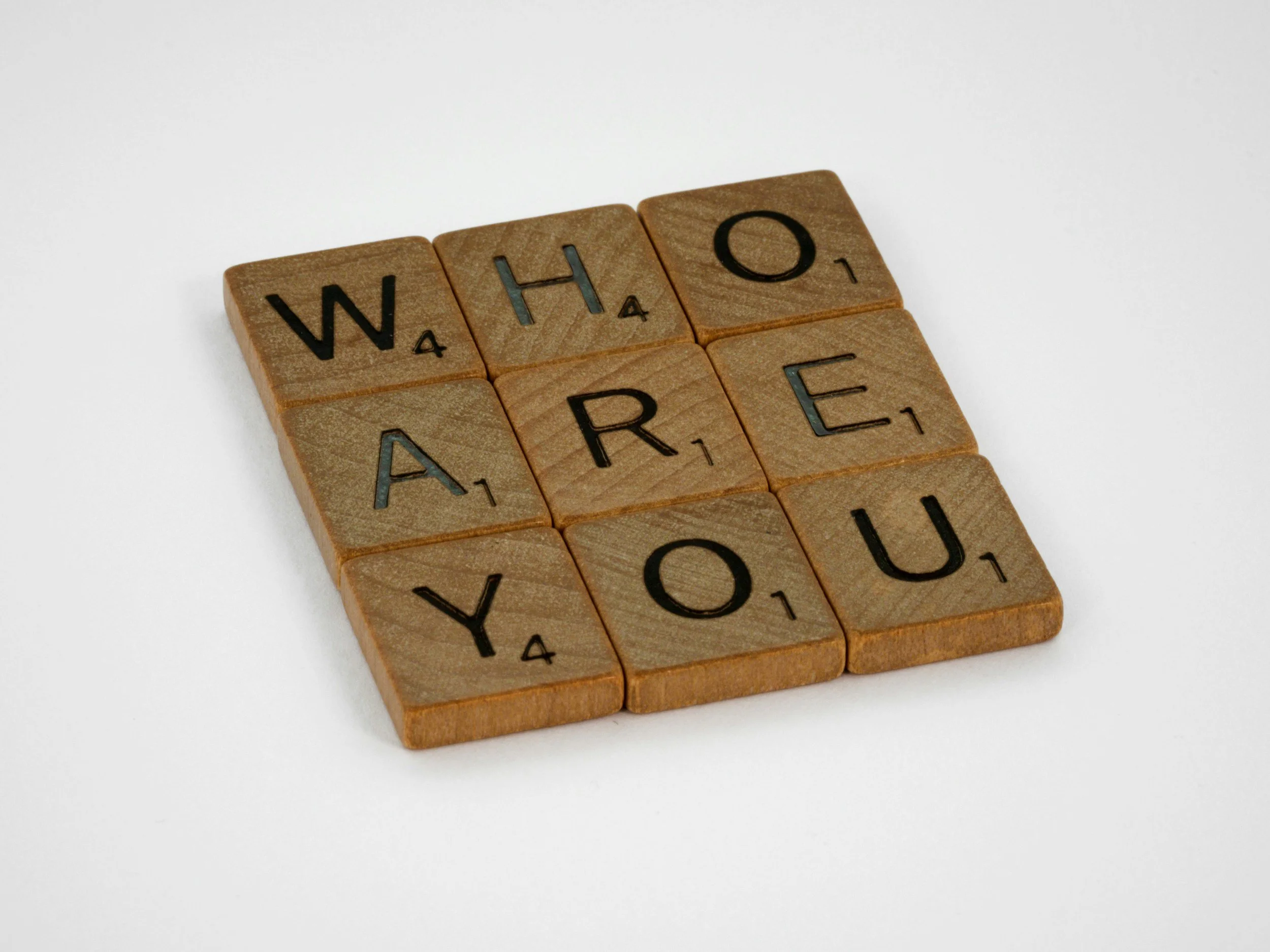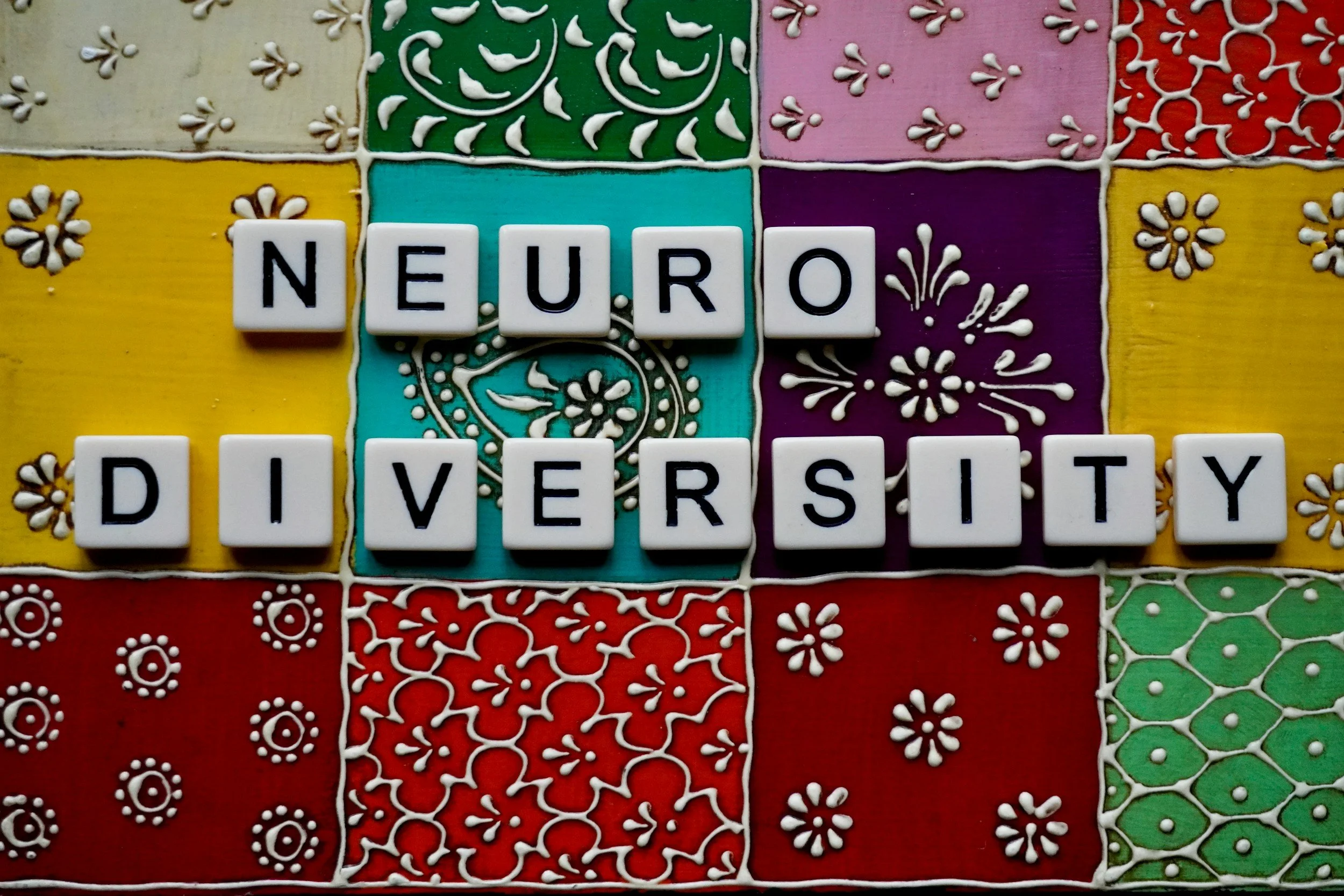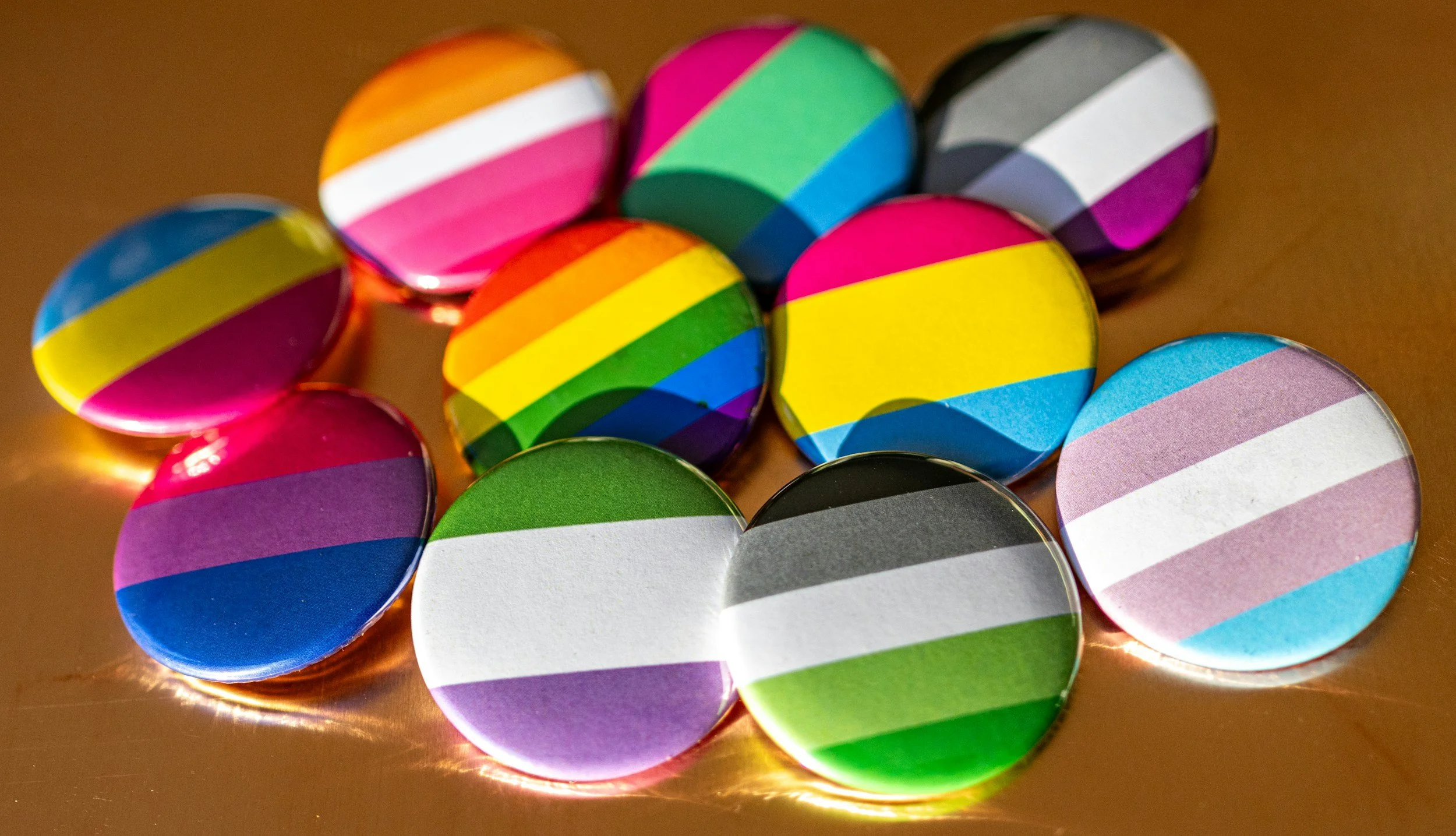
Being a Rebel in a Chaotic World: How Existential Therapy Helps When Nothing Feels Stable
When the world feels chaotic and unsafe, existential therapy offers a way to find meaning, grounding, and direction without pretending everything is fine.

The Link between ADHD and Addiction
People with ADHD are at higher risk for addiction, not because of weak willpower, but because of how their brains work. Understanding this link can reduce shame and open the door to real healing.

The Importance of Gender Affirming Therapy
Gender affirming therapy provides a compassionate space where transgender and nonbinary clients can explore identity, process trauma, and embrace authenticity without fear or judgment.

Understanding Autism: Supporting Neurodivergent Minds Through Compassionate Therapy
Autism is not a disorder to be cured. It’s a unique and valid way of thinking, feeling, and relating to the world. As a therapist who works with neurodivergent clients—and as someone on the autism spectrum myself—I help people understand their brains, manage sensory and emotional challenges, and embrace who they are without shame.

Finding Balance in Belize: How Living Simply Changed My Life and My Work as a Therapist
My wife and I left Texas two years ago with no guarantees—just a dream of a slower, more meaningful life. We sold nearly everything, moved to a small village in Belize, and started over. What we found here is a deeper sense of peace, connection, and authenticity that has also reshaped how I show up as a therapist.

Coping with a Loved One’s Terminal Illness: Finding Meaning, Support, and Gratitude
Watching someone you care about face a terminal illness changes everything. Whether it’s a friend, family member, or client, it brings grief, fear, and unexpected gratitude. This post explores how to cope with the emotional weight of terminal illness—how to stay present, care for yourself, and find meaning even in heartbreak.

How to Support a Loved One in Recovery Without Losing Yourself
Loving someone in recovery is complex. You want to help, but it’s easy to lose yourself in the process. This post explores how to support a partner, friend, or family member in addiction recovery with empathy, honesty, and healthy boundaries.

Living Authentically: How Existential Therapy Supports LGBTQ+ Clients
Authenticity isn’t just a buzzword—it’s a lifeline for LGBTQ+ individuals facing stigma, rejection, or the pressure to “fit in.” Existential therapy offers a framework for living authentically by helping clients explore meaning, freedom, and identity. In this post, we’ll discuss how existential therapy supports LGBTQ+ clients in living openly and fully.

Emotional Dysregulation in ADHD: Coping Without Shame
For many people with ADHD, emotions feel big—and sometimes overwhelming. Emotional dysregulation isn’t a character flaw or weakness; it’s part of how the ADHD brain works. In this post, we explore why emotional dysregulation happens, how to cope without shame, and how understanding your emotional landscape can improve relationships, mental health, and self-worth.

My Approach: Why I Use Existential Therapy in My Practice
Existential therapy focuses on meaning, freedom, and identity. Here's why I use it to support clients dealing with addiction, neurodivergence, and LGBTQ+ issues.

Alternatives to 12-Step Programs: What You Should Know
Twelve-step programs aren’t the only way to recover. Here are evidence-based, secular, and self-directed alternatives to AA and NA—no judgment, just support.

Why Traditional Therapy Doesn’t Always Work for Neurodivergent Clients
Many neurodivergent clients leave therapy feeling misunderstood or dismissed. Here’s why traditional therapy doesn’t always work—and what should change.

LGBTQ+ Mental Health Resources That Save Lives
Many LGBTQ+ individuals are denied care or afraid to seek it. These trusted mental health resources provide affirming, lifesaving support for queer clients.




